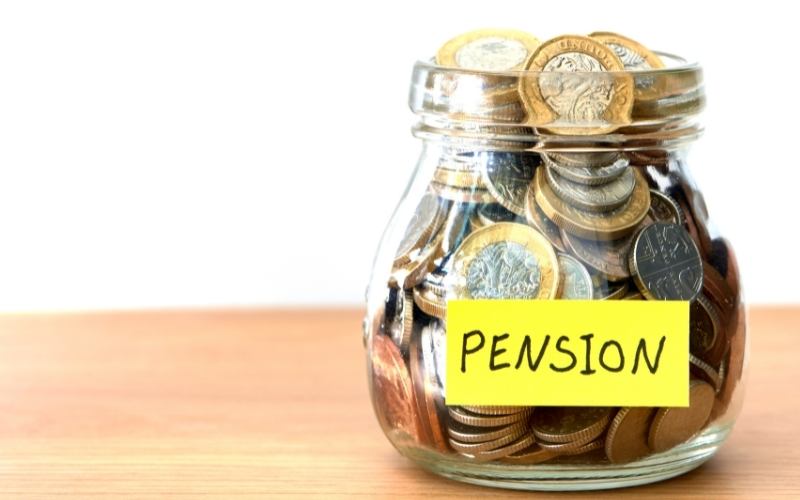What Are The Different Types of Pensions?

A pension is a type of savings that helps you put money aside for later in life, to provide income for when you retire. There are tax advantages with a pension, compared with other types of savings.
There are two different types of pension schemes, these are private pension schemes and the State Pension.
What’s the difference between a private pension scheme and the State Pension?
How much State Pension you’ll receive is based on your previous National Insurance contributions and is provided by the Government.
There are two main types of Private Pensions – defined contribution and defined benefit. For more information on Private Pensions, visit our Private Pensions advice page >
Defined contribution pension schemes (also known as money purchase pension schemes)
They can be either workplace pensions arranged by your employer or private pensions arranged by you.
Money paid in by you or your employer is put into investments (such as shares) by the pension provider. The value of your pension pot can go up or down depending on how the investments perform.
Some schemes move your money into lower-risk investments as you get close to retirement age. You may be able to ask for this if it does not happen automatically - ask your pension provider.
What you will receive:
The amount you get when you take your pension depends on:
- how much was paid in
- how well the investments have done
- how you decide to take the money, for example as regular payments, or a lump sum.
You usually get up to 25% of your pension pot tax free.
The pension provider usually takes a small percentage as a management fee. You can ask them before withdrawing what this will be.
Defined benefit pension schemes
These are usually arranged by your employer. They’re sometimes called ‘final salary’ or ‘career average’ pension schemes.
What you will receive:
How much you receive depends on your pension scheme’s rules. Workplace schemes are usually based on a number of things, for example, your salary and how long you’ve worked for your employer.
The pension provider will agree to give you a certain amount each year as a regular payment when you retire.
You can usually choose to get up to 25% tax-free.
When you can claim your pension also depends on the pension scheme’s rules – 55 years of age is usually the earliest age at which you have to be to claim.
Check your state pension forecast
The age at which you can claim a State Pension can increase. You can check when you will be eligible on the GOV.UK pension forecast page. Also available in Welsh >
Are you ready to claim your State Pension? Read our State Pension pension guidance page >
Other support to help you
- Money and Pensions Service Impartial money and pensions guidance, backed by the Government and free to use. 0800 138 7777 (Monday to Friday, 9am - 5pm excluding bank holidays).
- Citizens Advice Debt and Money department (England) provide a wealth of information and advice about money and pensions
Citizens Advice Debt and Money department (Wales)
Citizens Advice Debt and Money department (Scotland) - MoneyHelper has a Pension Wise scheme that offers impartial pension guidance through a free specialist pension appointment. Either book online or call 0800 138 3944 (Monday to Friday, 9am - 5pm excluding bank holidays).
Page last updated: November 2022.
MHA in your community
Find the care home, retirement community, or support group that’s right for you

